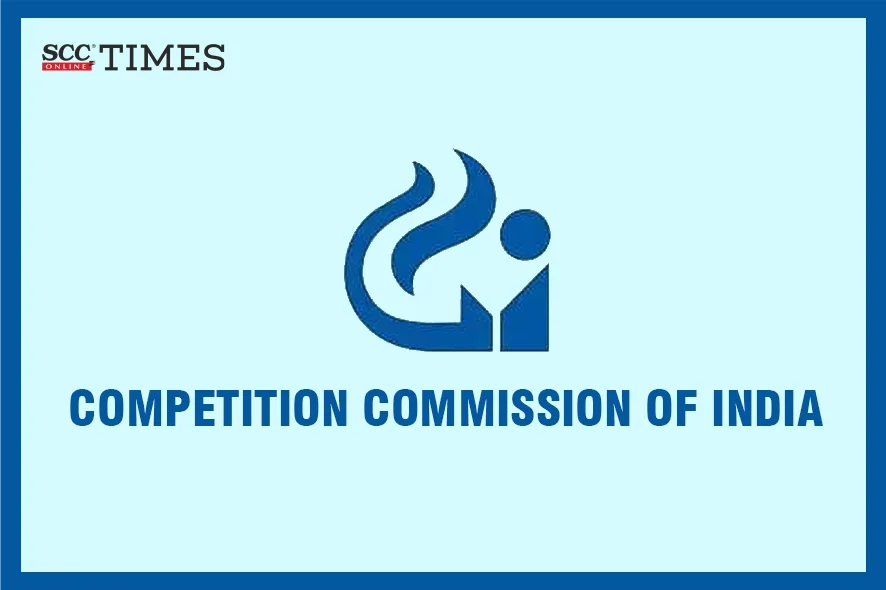Competition Commission of India: In a case filed by the informants under Section 19(1)(a) of the Competition Act, 2002 (the Act) against Google LLC (OP-1), Google India Private Limited (OP-2), Xiaomi Technology India Private Limited (OP-3) and TCL India Holding Private Limited (OP-4) alleging contravention of various provisions of Section 3 and Section 4 of the Act, a 4-member bench of Ms. Ravneet Kaur (Chairperson), Mr. Anil Agrawal, Ms. Sweta Kakkad and Mr. Deepak Anurag, found prima facie contraventions by Google and accepted Google’s Settlement Proposal of ₹20.24 crore under Section 48A(3) of the Act.
Factual Matrix
In the instant matter, the informants, consumers of Android-based smartphones and smart TVs, alleged that Google engaged in anti-competitive practices violating Section 4 read with Section 32 of the Act. It was further alleged that Google entered into anti-competitive agreements with smart TV manufacturers (OP-3 and OP-4), violating Section 3 of the Act.
The consumers submitted that Google had successfully asserted dominance in the market for licensable operating systems for smart TVs and for app stores for smart TV OSs. It was specifically alleged that Google’s Television App Distribution Agreements (TADA) and Android Compatibility Commitments (ACC) imposed restrictive covenants on smart TV OEMs, amounting to abuse of dominance under Section 4 and anti-competitive agreements under Section 3 of the Act.
Moot Point
-
Whether Google’s TADA and ACC imposed unfair conditions in violation of Section 4(2)(a)(i) and 4(2)(d) of the Act?
-
Whether Google reduced OEMs’ ability to develop and sell alternative Android forks, contravening Section 4(2)(b)(ii), 4(2)(c), and 4(2)(d) of the Act?
-
Whether Google abused dominance by tying YouTube with Play Store under Section 4(2)(e) of the Act?
-
Whether there was “refusal to deal” and “exclusive supply” under Section 3(4) of the Act?
CCI’s Analysis
The CCI, after considering the Investigation Report submitted by the Director General (DG), found prima facie contraventions by Google. The CCI noted that the DG submitted the following findings —
-
The relevant markets are delineated as: a) The market for licensable smart TV device operating systems in India; and b) The market for app stores for Android smart TV OS in India.
-
Google is found to be dominant in both markets.
-
Mandatory pre-installation of Google’s suite of apps under TADA, constituted an unfair condition and violating Section 4(2)(a)(i) and 4(2)(d) of the Act.
-
By making Play Store access conditional on signing ACC agreements, Google had denied market access to alternative Android forks and restricted scientific development.
-
Tying of YouTube with the Play Store constituted an abuse under Section 4(2)(e) of the Act
-
However, allegations of “refusal to deal” and “exclusive supply” under Section 3(4) are not substantiated.
The CCI, after reviewing the DG’s findings, noted that Google submitted a Settlement Application under Section 48-A of the Act and the Settlement Regulations, 2024 and proposed the following —
-
Introduction of a “New India Agreement” offering a standalone license for Google Play Store and Play Services without any bundling or placement/default requirements.
-
Waiver of TADA’s requirement for ACC for devices shipped without Google apps.
-
Letters reminding OEMs of their flexibility to use open-source Android OS or other competing operating systems like Tizen, WebOS, and Roku.
The CCI, by a majority, accepted Google’s settlement proposal. The CCI noted that Google agreed to comply for a period of five years and submit annual compliance reports. The CCI reasoned that
“The proposal addresses the concerns highlighted in the DG’s report regarding the mandatory preinstallation of the entire Google application suite (GTVS) under TADA and the bundling of YouTube with the Play Store.”
Further, the CCI accepted Google’s plan to phase out certification of new Android TV models from 01-07-2025 and continue support through 2029. A settlement amount of ₹20.24 crore was determined after applying a settlement discount of 15% to the base amount, calculated based on Google’s relevant turnover from Android TV-related activities.
Dissenting Opinion
Mr. Anil Agrawal dissented and emphasised that —
-
Google’s continued offering of TADA alongside the New India Agreement would sustain the anti-competitive conditions already found under TADA.
-
The proposed settlement did not adequately address all competition concerns, including mandatory physical placement of Google buttons on remote controls and bundling concerns.
-
A complete modification of TADA was necessary rather than mere offering of a parallel New India Agreement.
-
He concluded that “the Settlement Application filed by Google does not prima facie address the competition concerns identified by the DG.”
CCI’s Direction
The CCI directed Google to implement the settlement terms as per the timeline submitted. The CCI directed Google to submit annual compliance reports by 15 April each year for five years. The CCI directed Google to pay ₹20.24 crore as the Settlement Amount.
[Kshitiz Arya v. Google LLC, Case No. 19 of 2020, Decided on 21-04-2025]






